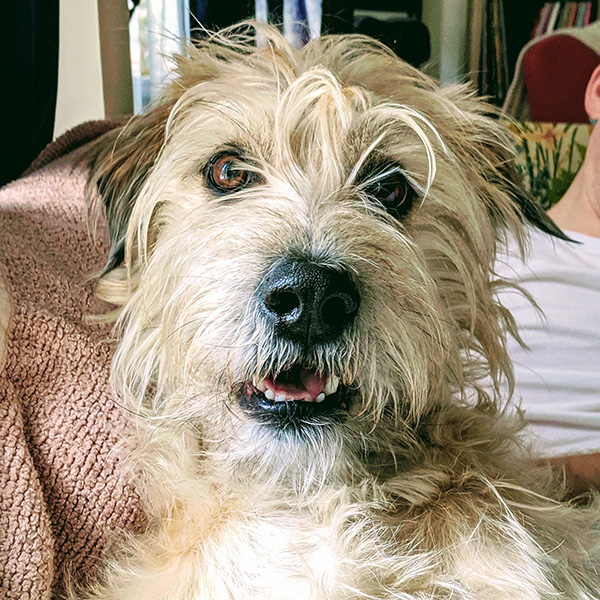This is exactly like when we sat in the car on the way home from the shop, reading the manual of the video game we just bought, already practising in our heads the button presses.
I realise this is a tongue-in-cheek title but for anyone unaware, sheet music is a very clinical and skeletal approximation of music. Like the difference between reading I Have a Dream and actually hearing MLK deliver the speech. It’s why you can have 1,000 different recordings of a Mozart piano concerto – and why they’re all superior to a PC playing a MIDI file (most accurate representation of sheet music).
Having said that, and despite sheet music being about as far from ‘lossless’ as a stickman drawing, musicians are particularly good at ‘visualising’ music. So much so, that a brain scan can’t distinguish between a musician actually listening to music and a musician merely replaying music in their head.
If anyone’s wondering why you would do this as a musician.
Obviously you can visualize how you’d play something, but skipping the obvious things…
You can do music theory analysis on pieces you’re interested on, it’s something that helps later with improvisation or composition
It also helps you understand the style you’re studying a bit more, it takes a lot of effort although with years of experience you can probably analyze a piece of music fairly fast, and on the bus even
the picture is compressed to smush, but looks like a piano+voice piece, could be memorizing the lyrics + rhythm+ intervals, useful if you’re expected to sing by memory
As a former singer I used to bring my sheet binder with me to do exactly this. Id memorize lyrics, work on pronunciation, rhythm, cues, etc. there’s a lot you can do to silently work on a piece of music.
Lord Vetinari, the supreme ruler of Ankh-Morpork, rather liked music.
People wondered what sort of music would appeal to such a man. Highly formalized chamber music, possibly, or thunder-and-lightning opera scores.
In fact the kind of music he really liked was the kind that never got played. It ruined music, in his opinion, to torment it by involving it on dried skins, bits of dead cat, and lumps of metal hammered into wires and tubes. It ought to stay written down, on the page, in rows of little dots and crotchets all neatly caught between lines. Only there was it pure. It was when people started doing things with it that the rot set in. Much better to sit quietly in a room and read the sheets, with nothing between yourself and the mind of the composer but a scribble of ink. Having it played by sweaty fat men and people with hair in their ears and spit dribbling out of the end of their oboe… well, the idea made him shudder. Although not much, because he never did anything to extremes.
But remember, autism wasn’t invented until 10 years ago.
The analog method of playing a MIDI file.
I knew a young guy who was very much on the spectrum and part of the church youth group took musical score to read at a camp we took them to. You could just tell he was hearing the music he was reading, even humming and tapping out the beat.
You can train that, actually. Part of a higher education in music is learning solfege, which is the ability to recognize intervals and chords combined with the ability to be able to (somewhat) sing them.
One of my favorite youtube videos about music is one about solfege. I’ll go and find it and edit it into this comment.
Edit: here it is. Honestly a real good watch, funny as hell while also informative, I really recommend it.
My god. As a musician who really wishes someone had been interested enough in my talent as a kid to try to teach me how to actually do it, I envy those people so much.
I had people like Paul McCartney reassuring me, he and other musicians who couldn’t read music.
Now that I’m older, though, I really wish that I could just tune into it all. I’ve tried, but I just don’t fucking know where to start.
I come from a family full of musicians. My grandfather had one grandchild out of 17 grandkids who wasn’t a musician. He never played, but he was always singing and whistling.
None of us read music.






